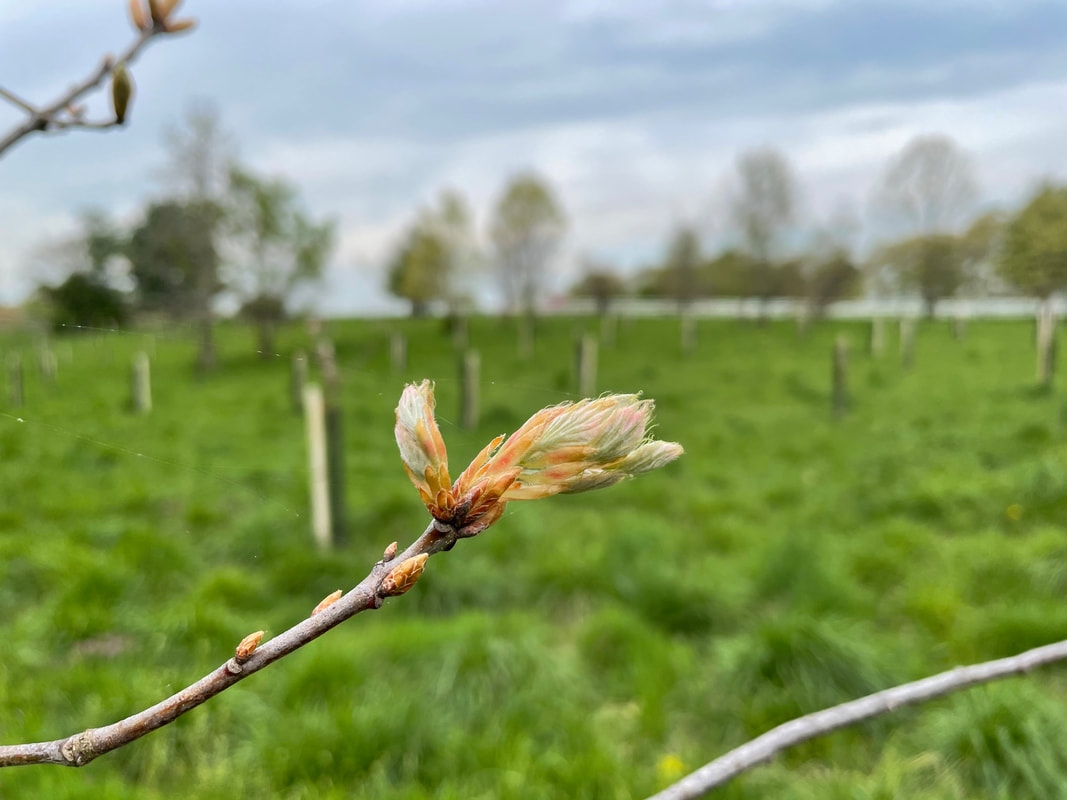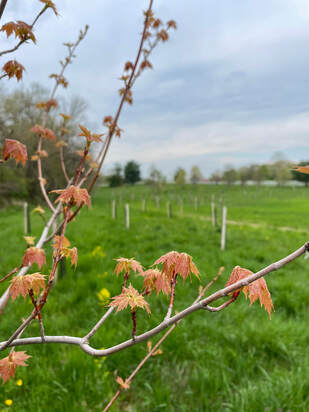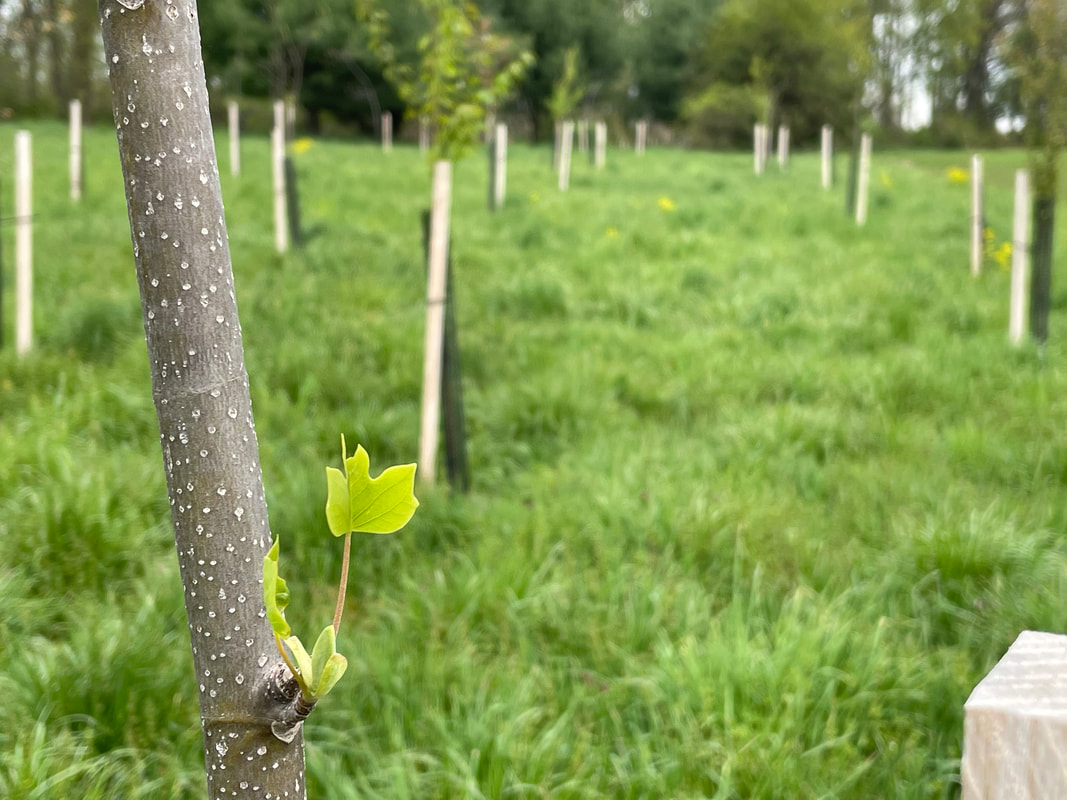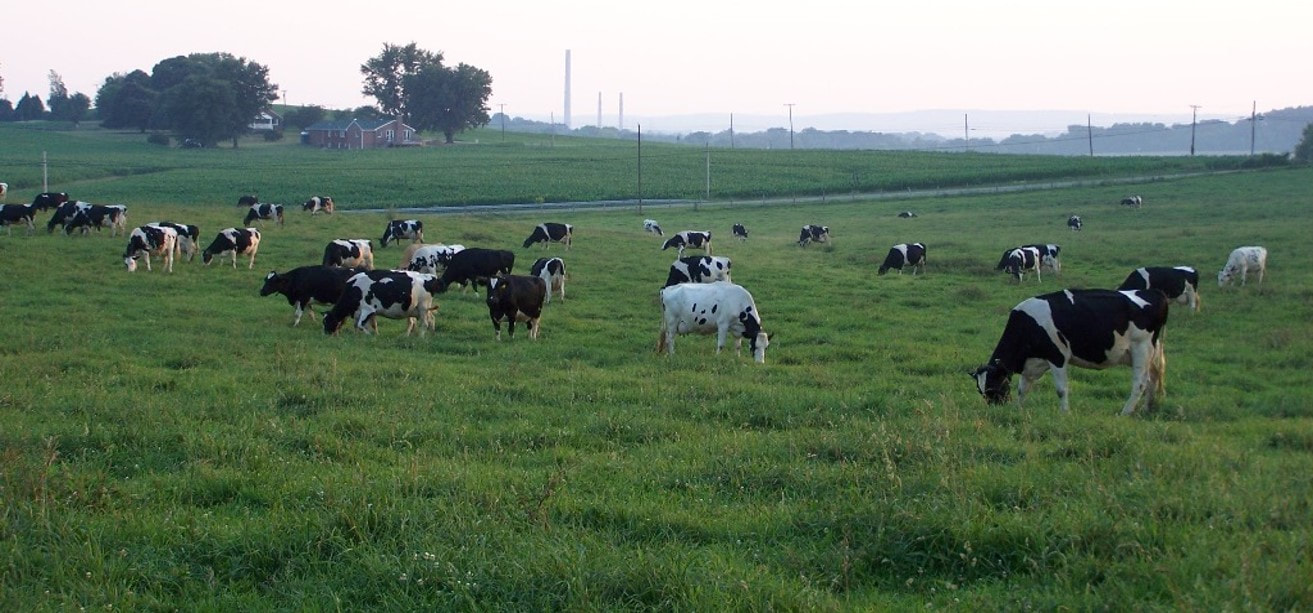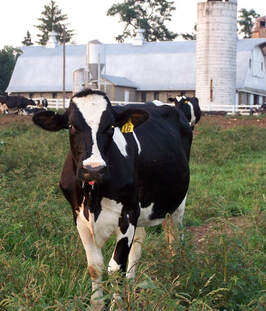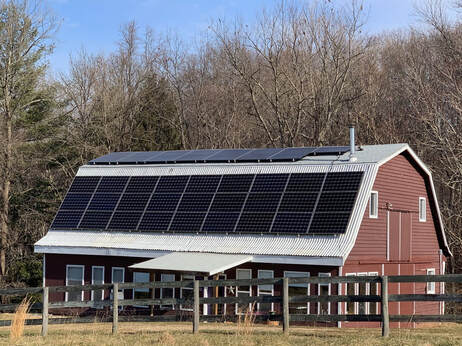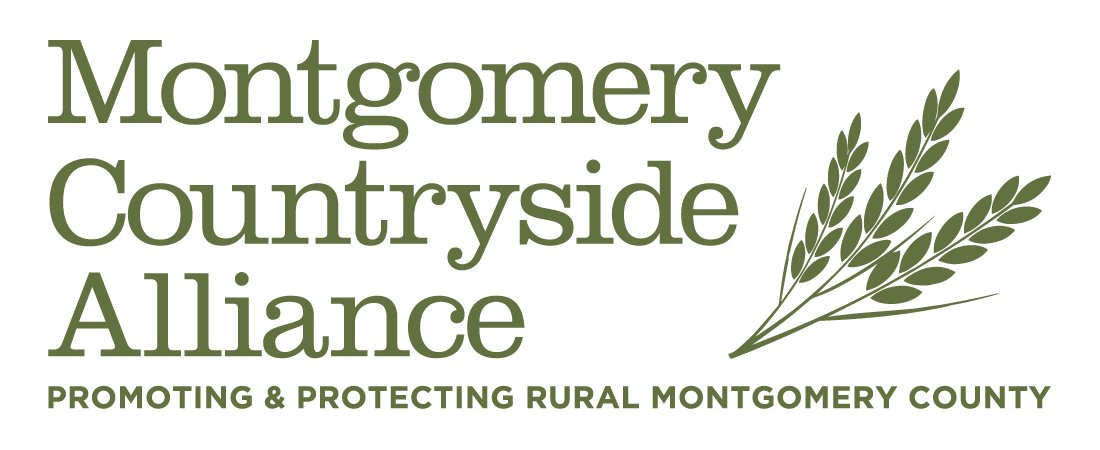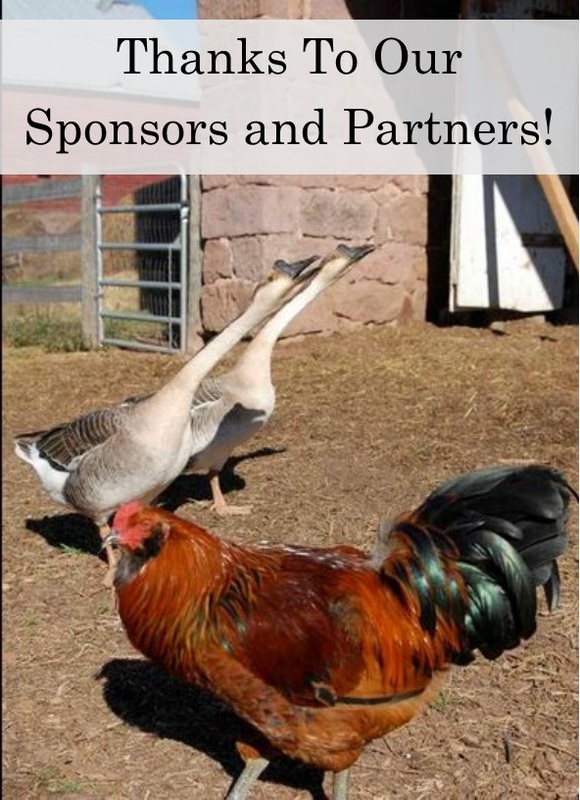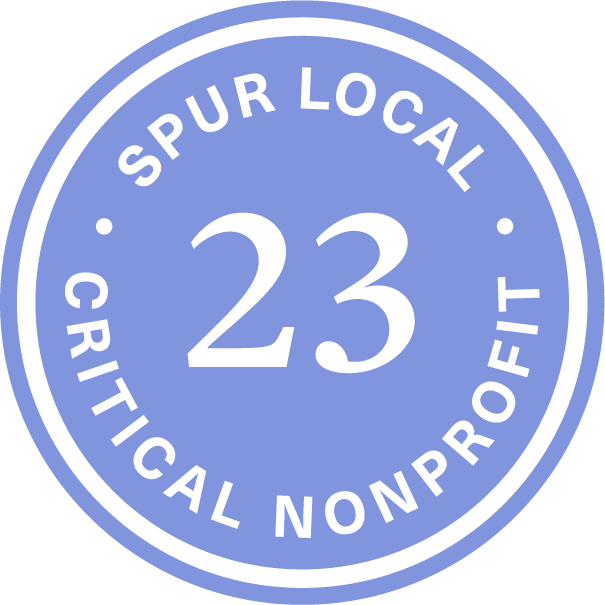Trees planted earlier this year are leafing out after surviving their first winter in the field at Shepherd's Hey Farm.
We want to thank board member and Re-Leaf coordinator Carole Bergmann, the properties hosting the forever forests and of course the expert tree wrangling of Garth and Amy Seely of Gardens by Garth who provide top notch care to these new trees at every stage.
Volunteers will be needed for future plantings after a pause for the pandemic. If you'd like to be contacted when we start volunteer days again, get on our list here.
No worries, down county residents, the Reforest Montgomery program through the county can help you host trees too.

